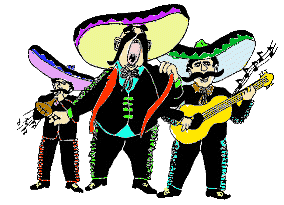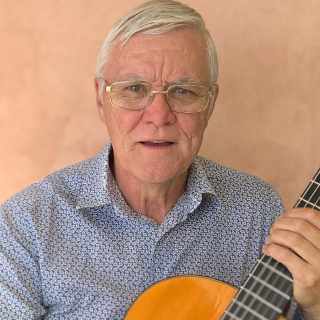
What flamenco is NOTPublic perception
I like Mariachi music, but that's not the point. The point is I'm not Mexican and that's not what I do. In the impenetrable fog of mental confusion, the typical person who dreams up one of these "Spanish nights" is no doubt thinking of a wild, festive celebration in the badlands south of the border. He must imagine flamenco to be all about boisterous, gun toting revolutionaries on horseback with Zapata moustaches shooting into the air and yelling "Ariba, ariba". You know the deal.
It's all stereotype stuff we've seen in old western movies that are typified by tumbleweeds blowing through a half abandoned town which is populated by a handful of frightened peasants in need of a hero. Then in come the baddies to gate crash somebody's birthday party. Whooping and hollering, they lustilly drink from bottles of tequila as they take pot shots at the colorful piñatas hanging from the ceiling.
Why do I think this is what goes in the mind of the venue manager who organizes a "Spanish night?" Well, the rusty wagon wheel in the corner is a dead giveaway for a start, but then he asks me to wear a huge sombrero and walk around the tables serenading the ladies with tourist songs like Viva Espana. It's my considered opinion that these buggers have been watching too many spaghetti westerns.
I swear one day I'm going to walk on stage wearing a poncho, a low brimmed hat and a menacingly look. Sure, I agree, It's got nothing to do with flamenco. But neither does bullfight posters and Gipsy Kings CDs. Anyway, that oughta break the ice. It's all about atmosphere boys and girls. After that, you can play campfire guitar music from a spaghetti western for all it matters to the non flamenco audience. As long as it sounds Spanish, who cares.... All right! That's probably a little too cynical. Forgive me. No. On second thoughts don't forgive me. I meant every word of it. Bloody Gringos.
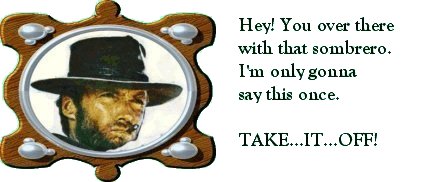
| |
|
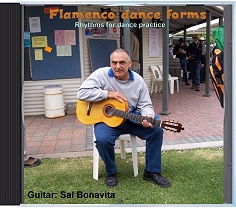
Download my CD
Flamenco Dance Forms
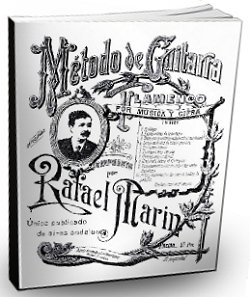
Flamenco guitar method 1902
